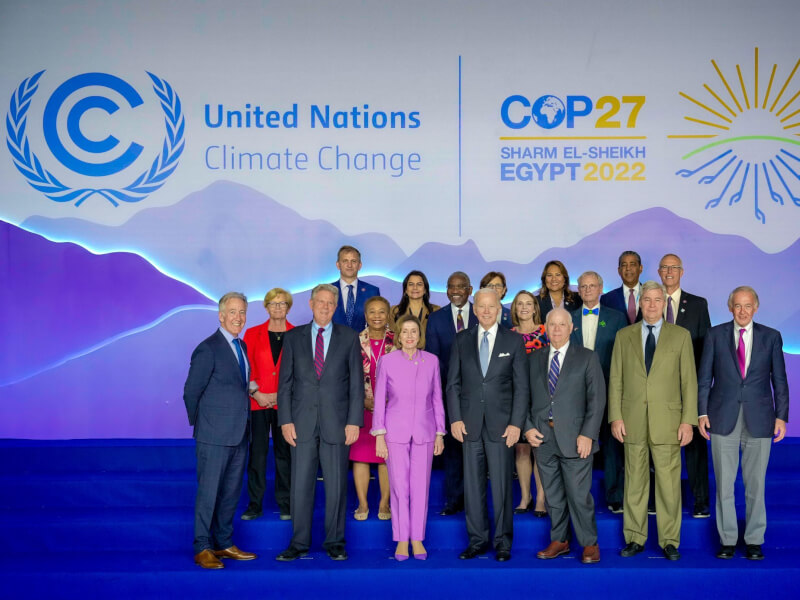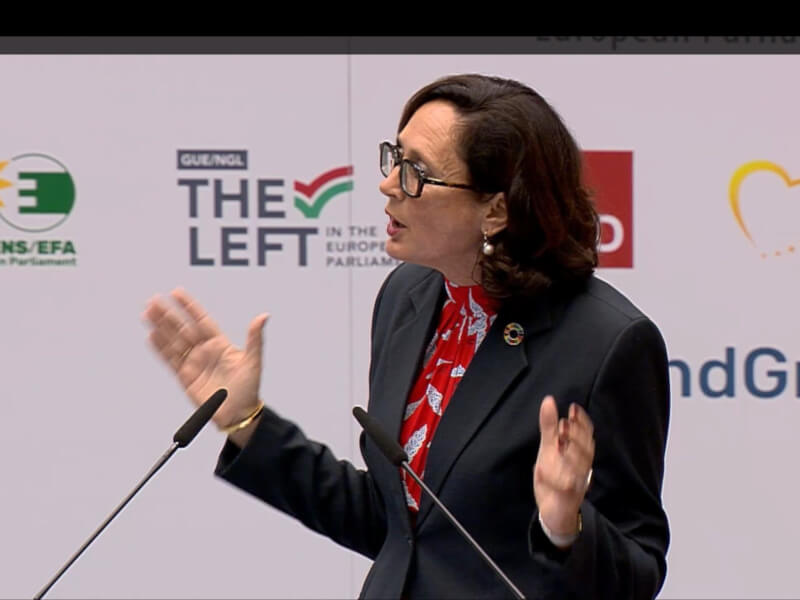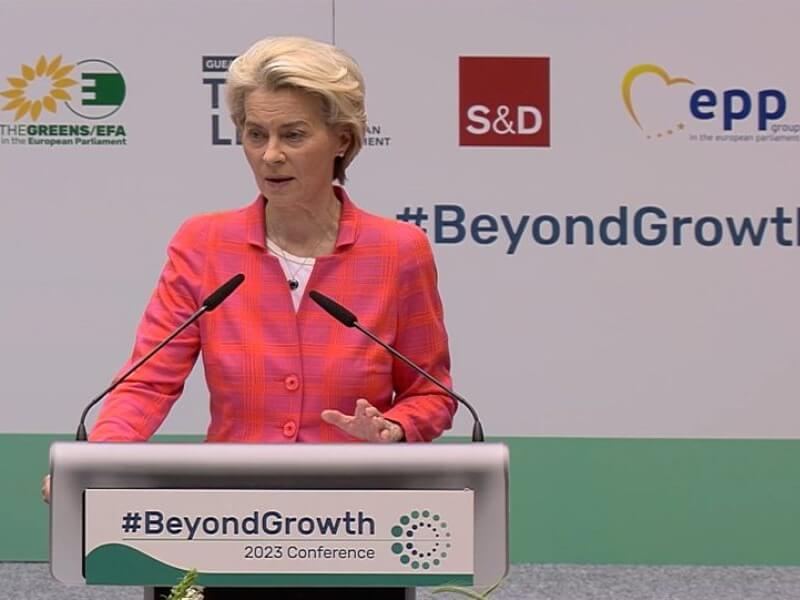08 March 2023 – The yearly COP is the highlight of the climate calendar. Yet, as emissions continue to climb and the impacts of climate change worsen, it is time we asked what the COP process is really achieving and how it can be overhauled to ensure it helps to deliver a safe climate landing for humanity.
Research shows global emissions must come down by around 50 per cent by 2030 to hold the 1.5°C limit and continue to be cut by 50 per cent every decade, to reach a net-zero world economy by 2050-2060.However, the COP process is too slow to achieve this. We are faced with a dramatic and unacceptable mismatch, confirmed by the UNEP Gap reports, between what COP needs to accomplish, and the inertia that it consolidates among the Parties.
The Paris Agreement was rightly praised for its ambition and commitment to try to keep global heating below 1.5°C above pre-industrial levels. But action to turn this goal into reality advances at a glacial pace. It has taken seven years to finalise the components of the Paris Agreement – the last one being the agreement on loss and damage, which was achieved at COP27 last year.
The consensus-based COP structure is predisposed to lethargic, incremental progress, It is now time to shift gear. The current COP and Presidency leadership process will not deliver climate action at the speed required to avoid the worst impacts of global warming and create a more equal, cleaner world for all.
This need for urgent change is why I, along with a host of experts, scientists and policy leaders — including Laurence Tubiana, former Climate Change Ambassador for France and CEO of the European Climate Foundation, Mary Robinson, former President of Ireland and UN Special Envoy on Climate Change, and Ban Ki-moon, former Secretary General of the United Nations — have signed a letter calling on António Guterres and Executive Secretary of the UNFCCC Simon Stiell to reform the COP process.
In our letter, we highlight six points that could form the basis of a reform agenda for the COP process:
- COP needs to be able to act in, and respond to, our current emergency situation and to respect the Paris goal of 1.5C. The focus must be on delivery and action, sharing best practice, holding countries to account and financing the transition.
- COP should be based on science and all delegations should be updated regularly about new developments. Science shows the urgent phasing out of fossil fuels is vital to achieving climate targets in addition to protecting nature and must be at the heart of all discussions under the aegis of the COP.
- Instead of one huge annual COP, smaller, more frequent meetings would be better suited to keeping up momentum, focusing on targeted deliverables and ensuring equal representation of parties and key stakeholders. Governments should not be the only voices heard during official discussions.
- The current COP structure with different zones separated from the negotiations should be abandoned and the COP meeting repurposed to be reporting, accounting and working sessions. Non-state actor solutions and ideas from indigenous peoples and youth change actors, for example, should be brought into the negotiations and not be siloed in sideline events.
- Multilateral banks and financial institutions should have a central role in working sessions to ensure pledges become tangible with deliverable workplans.
- All decisions and discussions should account for regional differences to ensure a just global transition. The COP process can set an example for transformational leadership by supporting localised transition pathways, knowledge exchange and technology co-development, and international collaboration based on equity and empowerment.
In this time of polycrisis, governments are understandably focused on short-term solutions, but implementing today the right levers for change, will give the world a fighting chance of averting further pandemics, wars and catastrophic global heating.
If the UN fails to put delivery at the heart of the COP summits, the world will not reduce emissions in line with the Paris Agreement and it will become harder, if not impossible, to ensure a sustainable, equitable, healthy Earth for all.
This change needs to be at the forefront of people’s minds as preparations are made for COP28 in the UAE this autumn. Leadership is needed more than ever; further delay is not an option.
Read more about the COP reform letter
First published by Climate.Table






